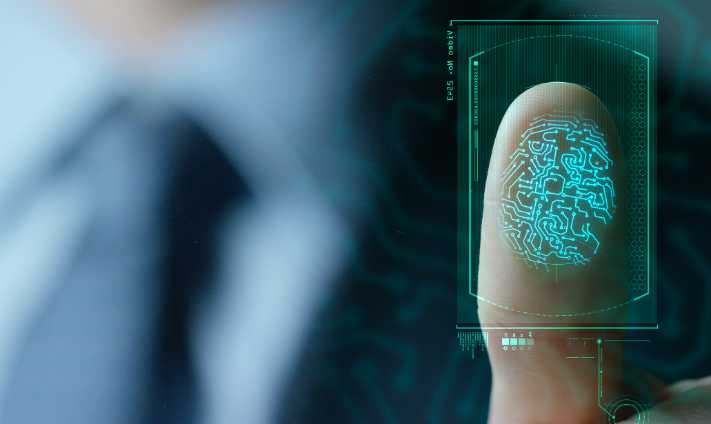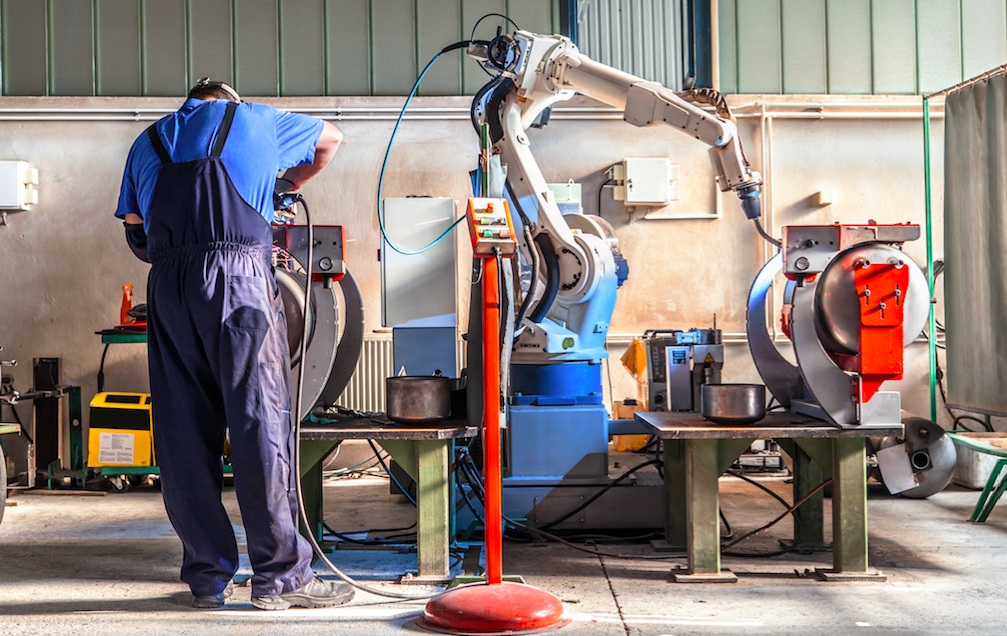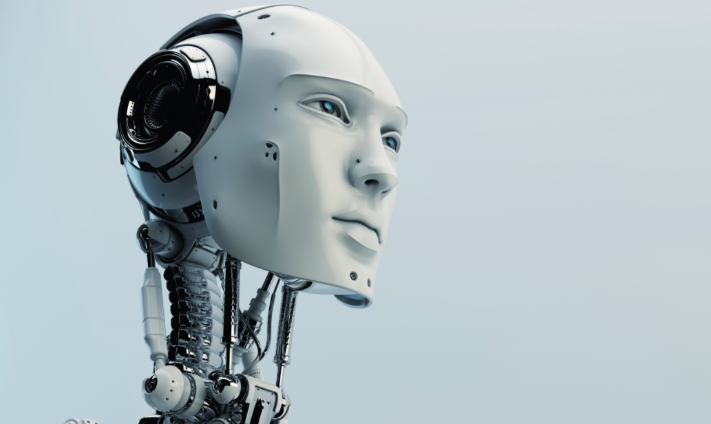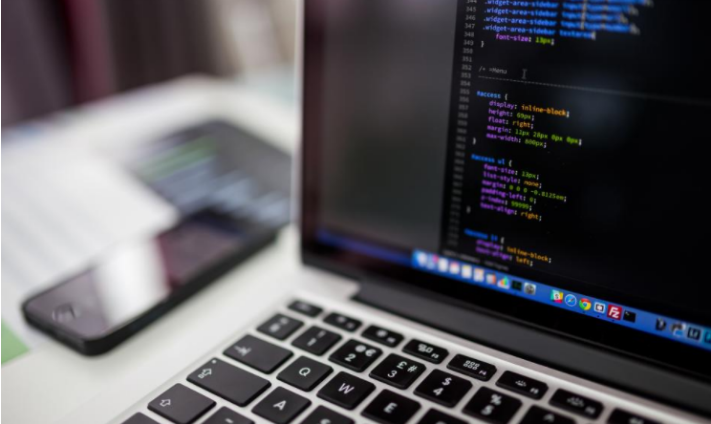Lately we’re seeing the term ‘the future of work’ spread around more liberally than butter on toast but what does it really mean for our working environments? We explore the realities of more integrated tech on our current workplaces.

The office
As work evolves, so too do our working environments. We’re already seeing companies move away from traditional corporate offices in favour of more open and collaborative work spaces. Coworking hubs like WeWork and Huckletree will continue to grow in popularity – not just for startups and early stage companies – but for businesses looking to benefit from an innovative community as well as lower real estate costs. Such communities allow businesses to make connections with potential partners and talent, keep on top of industry disruption and even keep an eye on their competitors. In 2017, WeWork was valued at $20bn indicating the massive growth of coworking spaces globally.
Structurally, the future office will forgo the cubicles and assigned seating and instead focus on maximising space with more breakout areas, standing desks and communal seating. Culturally, more and more companies will adopt the startup mentality of increased flexibility, shared learning and social perks to encourage a cohesive and invested team.
The ability to access work from any mobile device means more people teleconferencing, working remotely and maximising productivity. The virtual team will be a staple of the future workplace. As will virtual tools with some companies already incorporating such tech as VR headsets into their everyday routine.
After AI making jobs obsolete, Brexit was listed as the biggest threat to job prospects in the UK according to our original research.
The working day
The 9-5 is dying out as employees demand more autonomy over their working hours and employers demand an always-on workforce to satisfy increased globalisation. As well as moving away from set hours, working on a freelance or gig basis will also become more common. For employers this will allow them to employ specialist talent for each project and avoid the costs associated with long term contracts. Similarly, workers are free to pursue multiple projects at the same time without being tied to one employer or even industry.
More flexible working hours is the biggest expected improvement in working practices in the future, followed by technology increasing efficiency and more remote working.
As medical advances improve our life expectancies, the retirement age will rise to facilitate governments struggling to pay pensions for longer periods of time. In short, we’ll live for longer, we’ll work for longer.
Our research shows that the majority of people in the UK (41%) think that the retirement age will increase to 70-74 before 2050.
The team structure
As mentioned, the role of the manager has greatly changed as employees demand more freedom in their work and more mentorship than discipline. Teams are changing to become more flat in structure, with titles becoming more fluid and work becoming more collaborative. This could mark the end of many middle management positions as workers are encouraged (and expected) to be independent high performers of their own volition and be accountable for their own growth and development. The workforce will be a blend of full-time and part-time workers, contractors and freelancers – as well as machines!
 Privacy
Privacy
Another result of more technology in the workplace may be increased monitoring of employees. There are positive applications of this such as the use of wearables to determine when employees are at their most productive, what elements of work cause them the most stress and when they should take breaks. On the other hand, it may also lead to stricter monitoring of working hours and more in-depth personal data being collected, such as whether or not employees are getting enough exercise or if their diet could be affecting their performance. Such data could be used to determine a person’s eligibility for a new role, the likelihood of them needing sick days, health insurance, etc. GPS technology could also become more prominent to surveil where employees are during the working day.
Global citizenship
Moving for employment will become more common as companies experience increased globalisation. In this regard, it means workers will need to be open to international job opportunities. It also means they’ll need to be more aware of different cultures and receptive to learning more about them. From a company perspective better diversity leads to better output as teams are more creative, have a greater understanding of wider client groups and are more accomplished communicators.
43% of people in the UK expect migration to affect the future of work, 25% think it won’t and 32% are unsure.
New jobs
We’ve already discussed the ways in which machines will integrate into our work in the coming years but we’ll also look ahead at five new roles which will emerge as a result.
Digital Currency Adviser
As government becomes less involved in controlling and monitoring our finances, alternative currencies and cryptocurrencies will continue to rise in popularity. Digital Currency Advisers will be vital to help people manage their finances and finding the right balance of systems.
 Drone Manager
Drone Manager
In the future we can expect drones to be utilised for more than filmmaking and surveillance but for a number of useful tasks such as monitoring borders, fertilising crops and even delivering food and consumer goods.
Digital Detox Coach
Much like we go to a personal trainer to improve our physical health and fitness, a digital detox coach will be our guide on creating healthier online habits. In an age where we’re immersed in technology, we’ll begin to value unplugged experiences even more.
Self-Driving Car Mechanic
Driverless cars will soon be the norm and with them the mechanics who operate them.
Waste Data Managers
Already this year we’re seeing the importance of the Chief Data Officer as a result of new GDPR legislation. Similarly, Waste Data Managers will be tasked with disposing of data in a safe and responsible way to ensure no personal information is intercepted by third parties.











